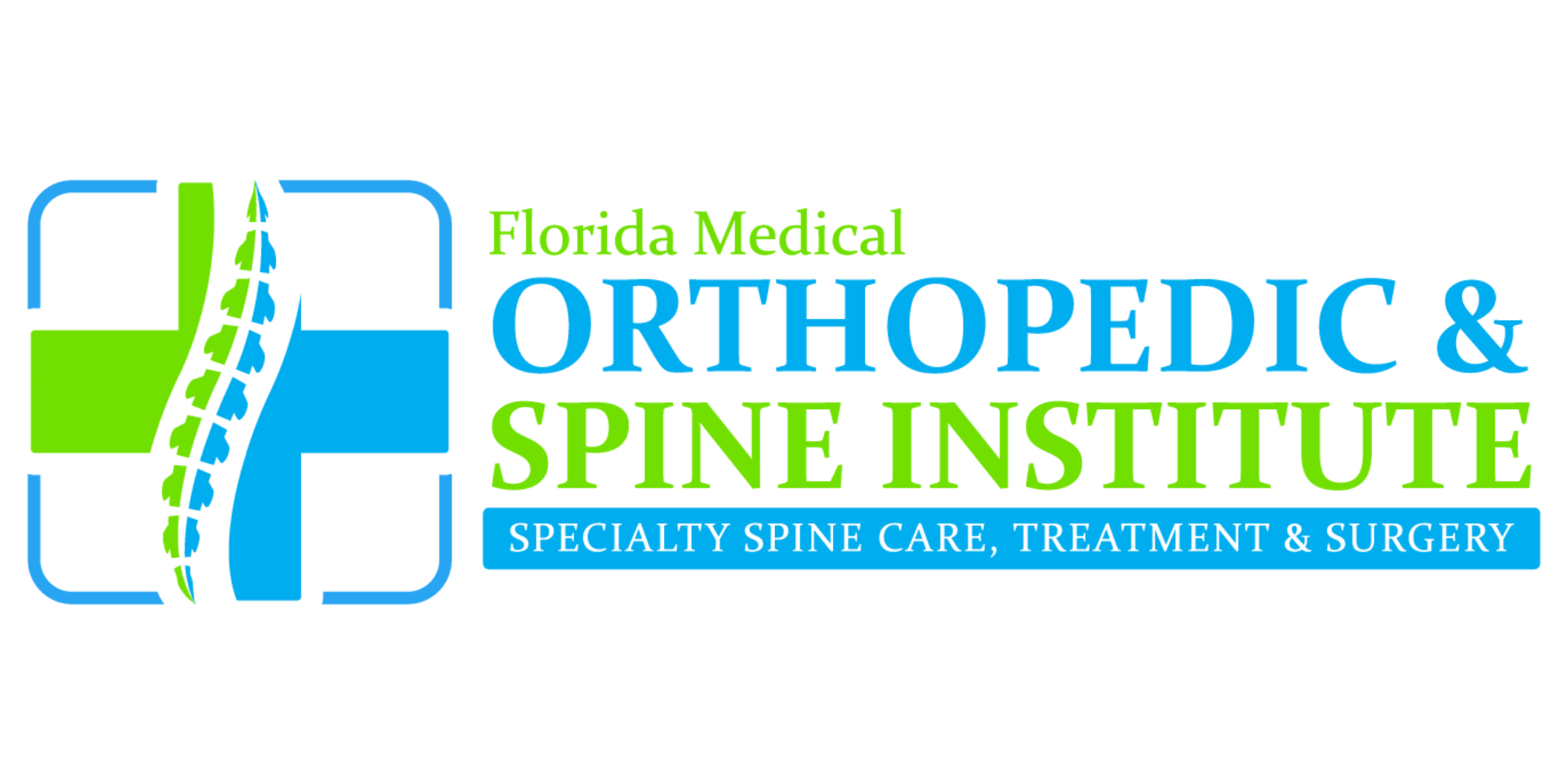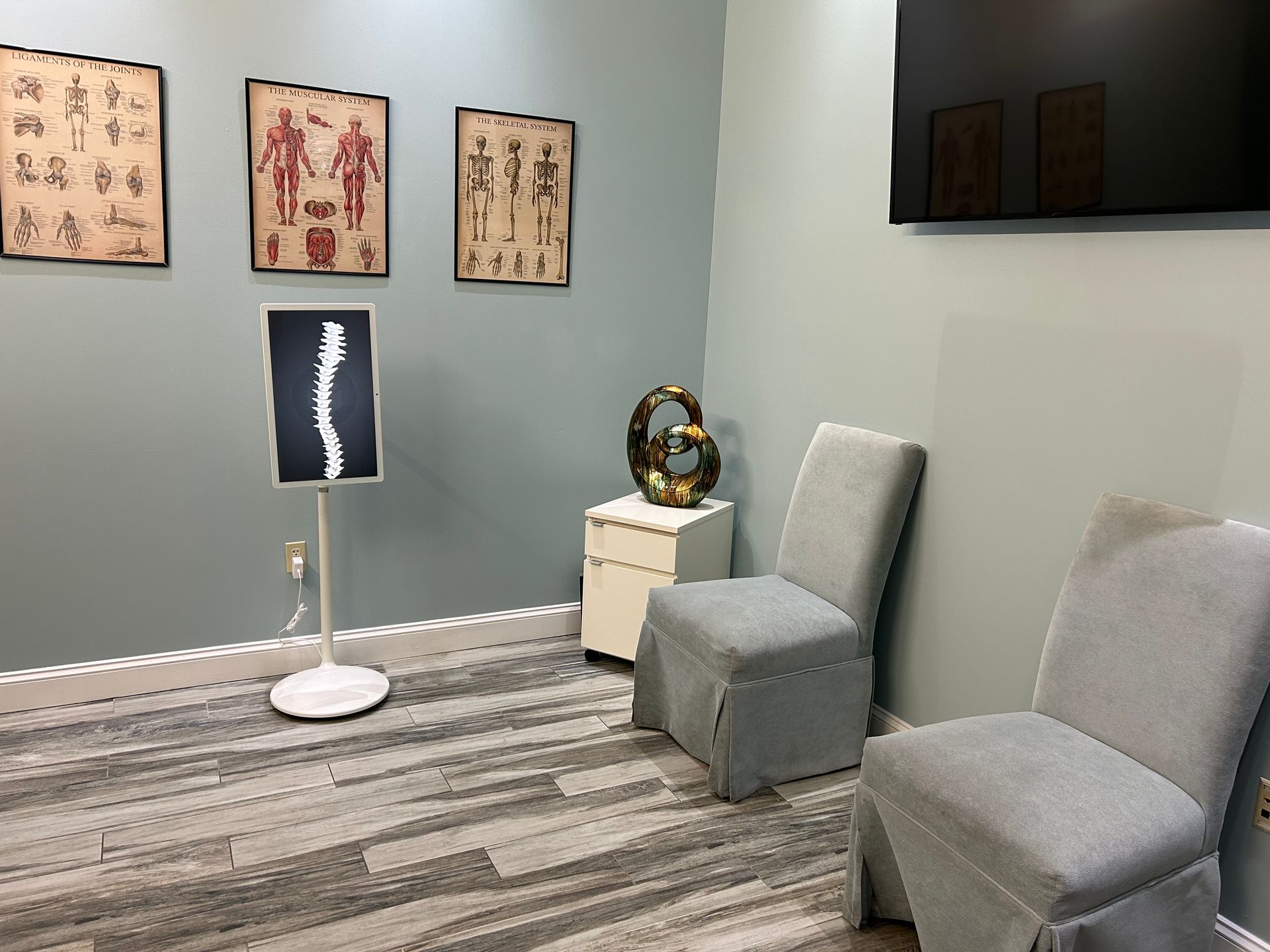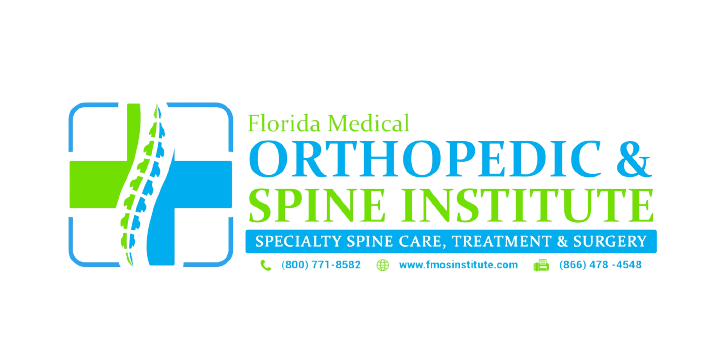How a Personal Injury Doctor Differs From a Primary Care Physician
At Florida Medical Orthopedic & Spine Institute, we understand the distinct roles of personal injury doctors and primary care physicians. While primary care physicians provide overall health management and preventative care, personal injury doctors specialize in diagnosing and treating injuries resulting from accidents or trauma. These specialists focus on pain management and rehabilitation, employing targeted techniques to restore function and alleviate discomfort. Our compassionate team excels in both surgical and nonsurgical approaches tailored to individual needs, ensuring that patients receive comprehensive care designed to enhance recovery and improve quality of life. Trust us to guide you through your healing journey with expertise and dedication.
Contact Us Today
Have a question? Looking for treatment? We’re here to help. Send us a message and we’ll be in touch.
Who to See After an Accident, and Why It Matters
When you’ve been in an accident—whether it’s a car crash, a slip and fall, or a workplace injury—your first instinct might be to call your primary care doctor. After all, they’ve known you for years, right?
But here’s the truth: while your primary care physician (PCP) is excellent at managing your overall health, they’re not always the best fit when it comes to treating accident-related injuries. That’s where a personal injury doctor comes in.
Let’s break down how these two types of doctors differ—and why choosing the right one after an accident can make a big difference in your recovery and your legal case.
Specialization and Training
Primary Care Physicians (PCPs):
PCPs focus on preventive care, chronic condition management, and general wellness. They’re your go-to for things like annual checkups, high blood pressure, diabetes, or the flu.
Personal Injury Doctors:
These doctors specialize in diagnosing and treating injuries resulting from trauma—especially the kind caused by auto accidents, falls, and workplace incidents. They’re experienced in handling injuries like whiplash, soft tissue damage, herniated discs, and concussions.
Why it matters:
A personal injury doctor knows what to look for in an accident victim—even when symptoms are subtle or delayed. They’re trained to identify injuries that might not show up in a basic checkup.
Availability and Urgency
Accident-related injuries often need immediate care. Waiting too long can make injuries worse or cause insurance complications.
PCPs often have packed schedules, which means you may wait days (or weeks) for an appointment.
Personal Injury Doctors understand that time is critical after an accident. Many offer same-day or next-day appointments, and some even work weekends or after hours.
Medical Documentation for Legal Claims
Here’s where things really differ.
Primary Care Doctors:
- Focus on your medical well-being—but not necessarily on detailed injury documentation.
- May not describe injuries in terms that hold up in a legal case or settlement.
Personal Injury Doctors:
- Provide clear, thorough documentation that can support your injury claim.
- Familiar with terms and reports that attorneys and insurance companies require.
- May offer narrative reports, imaging referrals, and billing summaries specifically tailored for legal proceedings.
Why it matters:
Without proper documentation, it becomes harder to prove the severity of your injury. That can impact your ability to receive compensation for treatment, lost wages, and pain and suffering.
Treatment Approach
PCPs often refer you out for additional services like imaging, chiropractic care, or physical therapy.
Personal Injury Doctors typically provide or coordinate
comprehensive injury care, which may include:
- Chiropractic adjustments
- Physical therapy and rehab
- Pain management
- Diagnostic imaging (X-rays, MRI, CT scans)
- Medical referrals to specialists when needed
This all-in-one approach helps ensure that your recovery is as smooth and effective as possible.
So, Who Should You See After an Accident?
If you’ve suffered an injury due to someone else’s negligence—especially in a car accident—it’s in your best interest to see a personal injury doctor first. They have the expertise to not only treat your injuries but to ensure you’re protected from a legal and insurance standpoint.
You can still loop in your primary care doctor later for ongoing health needs, but for accurate diagnosis, immediate care, and legal protection, a personal injury specialist is the better first step.
Don't Wait, Prioritize Your Health:
The moments following an accident can be chaotic, but prioritizing your health by seeking immediate medical attention is one of the most important decisions you can make. Even if you feel seemingly unharmed, hidden injuries can be lurking beneath the surface.
If you've been involved in an accident, don't delay. Visit your nearest emergency room, urgent care, or schedule an appointment with a personal injury doctor as soon as possible. At FMOS, we are dedicated to providing comprehensive and timely care to accident victims, ensuring you receive the diagnosis, treatment, and support you need to recover fully.
Your health matters. Don't let precious hours pass without getting the medical attention you deserve.
Contact Us Today
Have a question? Looking for treatment? We’re here to help. Send us a message and we’ll be in touch.










